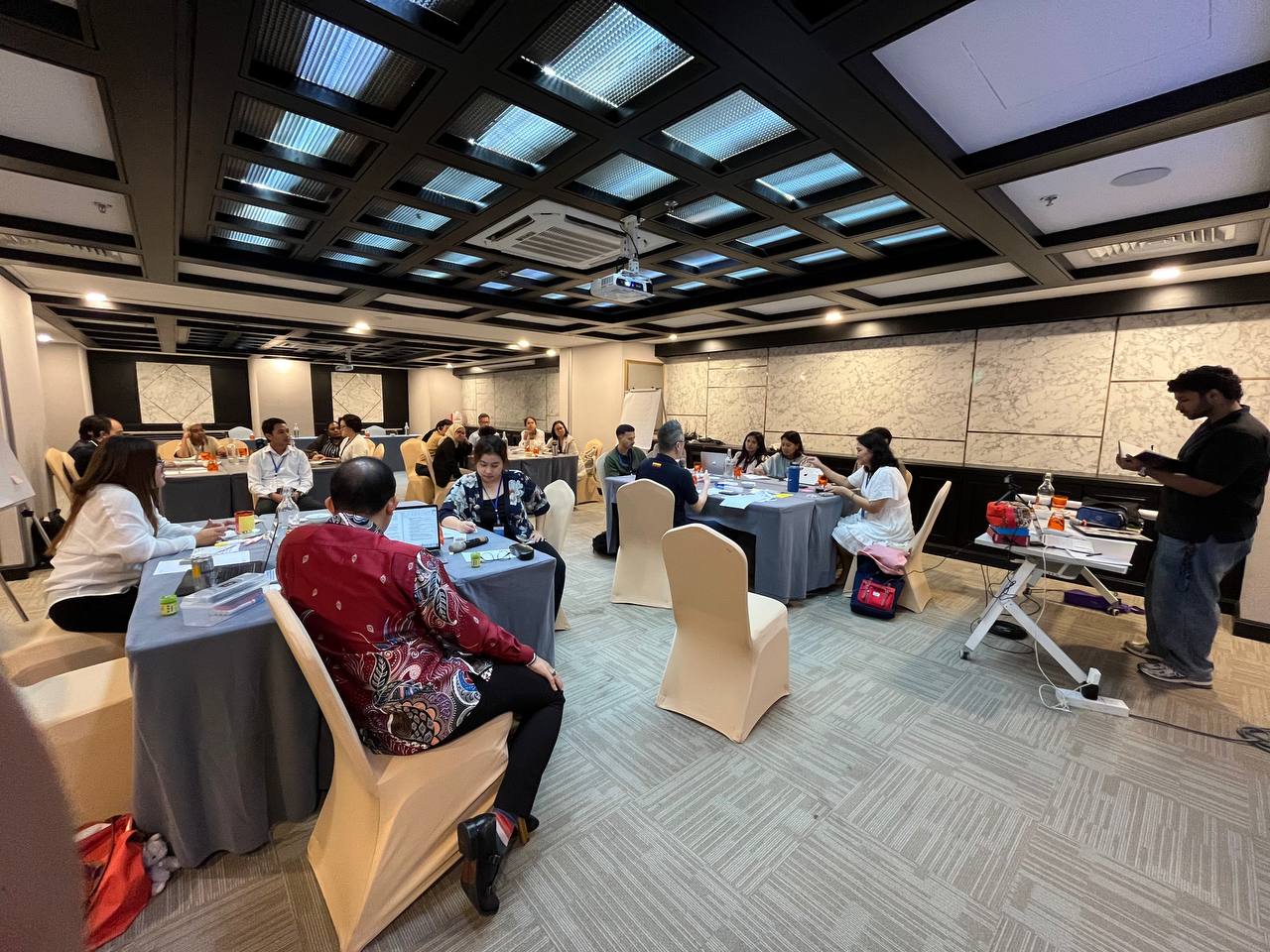

On 24–26 August 2025, the International Commission of Jurists (ICJ), together with the Centre for Independent Journalism, Malaysia (CIJ), and the Numun Fund, gathered human rights defenders and experts to discuss the need for Southeast Asian States to adopt and implement a human rights-based approach in efforts to tackle the growing spread of harmful content in digital spaces.
The workshop in Kuala Lumpur, Malaysia, focusing on leveraging ASEAN platforms, brought together 24 representatives from organizations across the ASEAN region, including Cambodia, Indonesia, Lao PDR, Malaysia, Myanmar, the Philippines, Thailand, and Viet Nam, all States that are members of the Association of Southeast Asian Nations (ASEAN).
Participants underlined that the surge in hate speech, disinformation, and other harmful online content had elicited responses from ASEAN States which often relied on heavy-handed and repressive measures. These include application of criminal laws that are vague and prone to abuse, restrictive content takedown and licensing regimes; and even State-sponsored disinformation campaigns.
Participants heard that ASEAN regional mechanisms currently lack robust mandates and coordination capable of effectively addressing disinformation, harmful content, and other digital challenges. Participants considered means of ensuring platform accountability, in the context of advertisement-driven business models of technology companies with ineffective content moderation practices. The online platforms typically employ algorithms that amplify sensationalist or extreme content, fueling the viral spread of disinformation and other human rights abuses.
Workshop participants worked to develop joint next steps and produced a set of recommendations for ASEAN Member States, technology companies, and ASEAN human rights bodies, particularly the ASEAN Intergovernmental Commission on Human Rights (AICHR). The recommendations included strengthening ASEAN human rights institutions and mechanisms in responding to and addressing human rights complaints submitted to them, enhancing their independence, and embedding human rights–centered advocacy into ASEAN work plans and instruments….
On 25 August, additional discussions were held with a representative from the Big Tech company Meta, focusing on the need to improve accountability and remedies through effective, accessible, and confidential grievance mechanisms. Participants also proposed multi-stakeholder co-regulation frameworks to ensure CSO participation through ongoing dialogue and collaboration on digital platform services, human oversight—not AI alone—in guiding content moderation standards, and the strengthening of independent third-party fact-checking across the region.
The series concluded with a panel discussion on 26 August 2025, co-hosted by the ICJ during the Digital Rights Asia-Pacific Assembly 2025. The panel, titled “The Role of ASEAN Human Rights Mechanisms in Institutionalizing Human Rights in the Digital Space: Towards Accountability and Collective Advocacy,” was also attended by AICHR representatives from Indonesia, Malaysia, and Thailand. It focused on how AICHR can better safeguard human rights online and identified concrete pathways for institutionalizing monitoring and accountability mechanisms related to human rights in the digital space.
This post was originally published on Hans Thoolen on Human Rights Defenders and their awards.